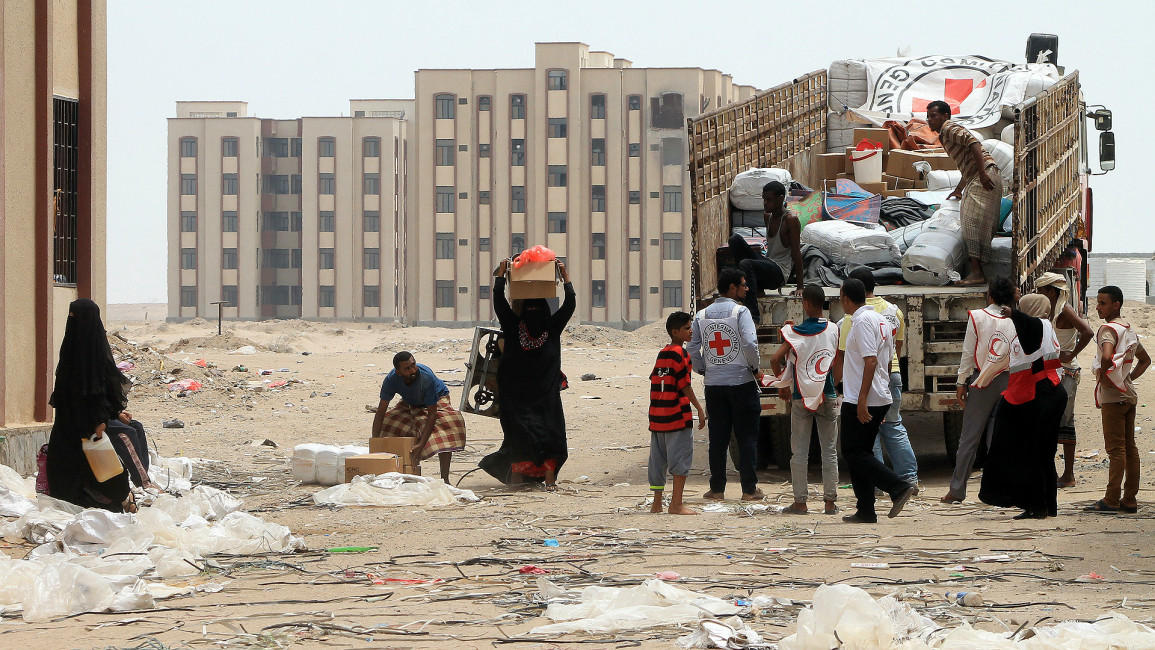UN announces Yemen humanitarian pause until end of Ramadan
The United Nations has announced an "unconditional humanitarian pause" in Yemen's conflict starting at midnight local time Friday (2059 GMT) with the goal of stopping the violence so that desperately needed supplies can be delivered to more than 21 million people in the Arab world's poorest country.
Secretary General Ban Ki-moon was assured that both Yemen's exiled President Abed Rabbo Mansour Hadi and Houthi rebels support halting fighting through the end of the Muslim holy month of Ramadan, which ends July 17, UN spokesman Stephane Dujarric said.
"We have the expressions necessary from all parties to announce the start of this pause on Friday, July 10," Dujarric said.
Hadi informed the Saudi-led coalition carrying out airstrikes against the rebels that he backs a humanitarian pause in order "to ensure their support and collaboration," Dujarric said.
Hadi had written to Ban with a series of conditions before a humanitarian pause, including a Houthi withdrawal from the governorates of Aden, Taiz, Marib and Shabwa and the release of the minister of defence.
UN diplomats and officials said pressure was put on Hadi to drop the conditions.
But at the same time, UN officials hoped that the new assurances will result in an actual ceasefire.
"Ultimately what we want is to be absolutely certain that the fighting stops," UN deputy spokesman Farhan Haq told The Associated Press.
More than 3,000 people have been killed since March, when the US-backed coalition began launching airstrikes against the rebels who have seized control of the capital and other cities since September.
Reports of airstrikes continued late Thursday in several provinces against Houthi locations, while the rebels said they fired missiles at Saudi border areas.
The coalition also has imposed a near-complete air and sea blockade in Yemen.
Mohammed Ali al-Houthi, the second-in-command of the rebels who heads the powerful Revolutionary Council, welcomed the truce, saying he hoped it would translate into the lifting of the blockade.
"We hope this truce is the beginning of the end of the Saudi aggression," he said in a statement.
The United Nations declared its highest-level humanitarian emergency in Yemen on July 1, days after the UN envoy for Yemen, Ismail Ould Cheikh Ahmed, said the country is "one step" from famine.
According to the UN humanitarian office, 80 percent of the population needs aid, and millions are close to famine.
Dujarric said humanitarian agencies must be given unhindered access to all parts of the country.
The spokesman also said Ahmed, the UN envoy, is continuing to engage with all parties "to take confidence-building steps towards a durable ceasefire."



